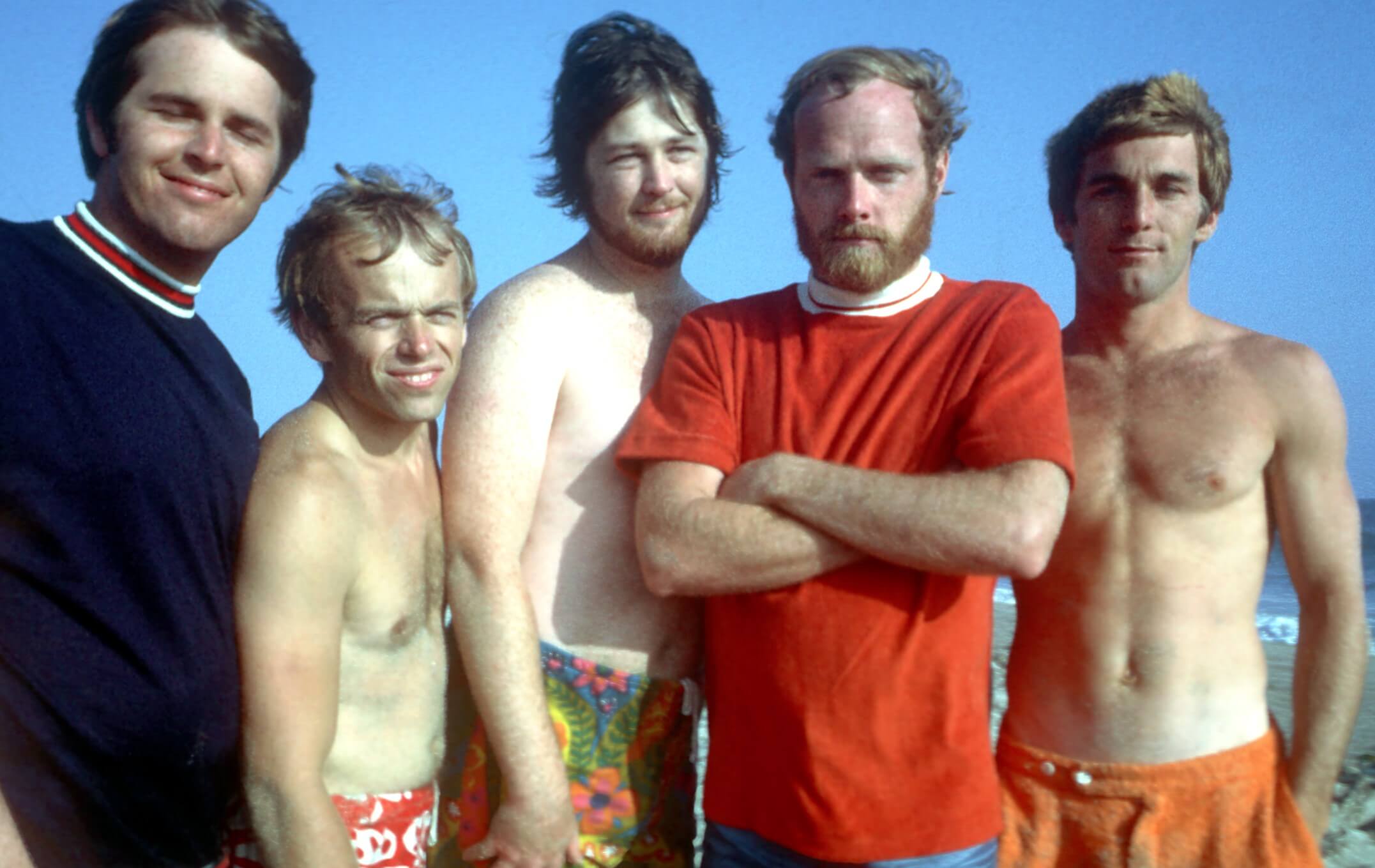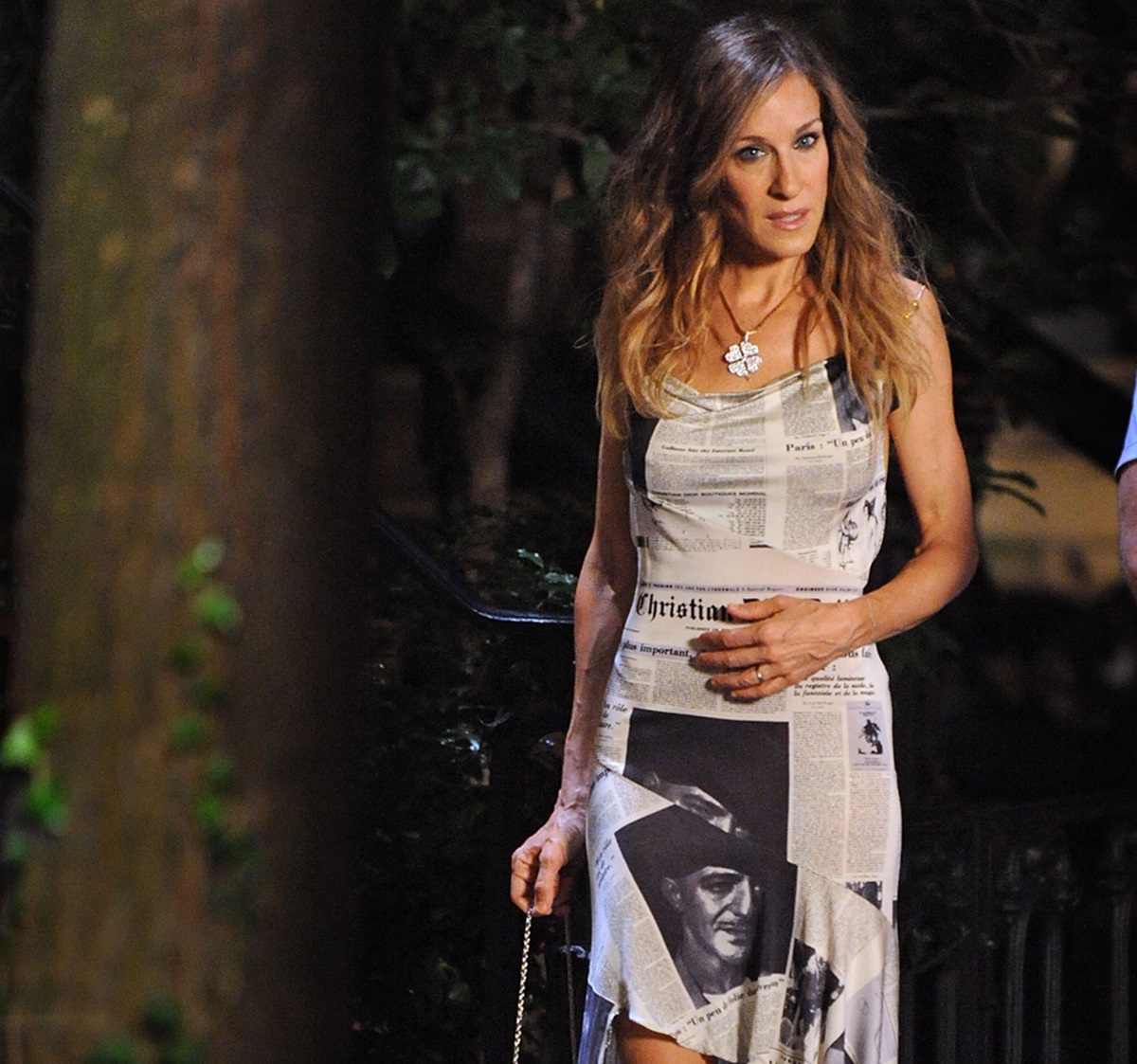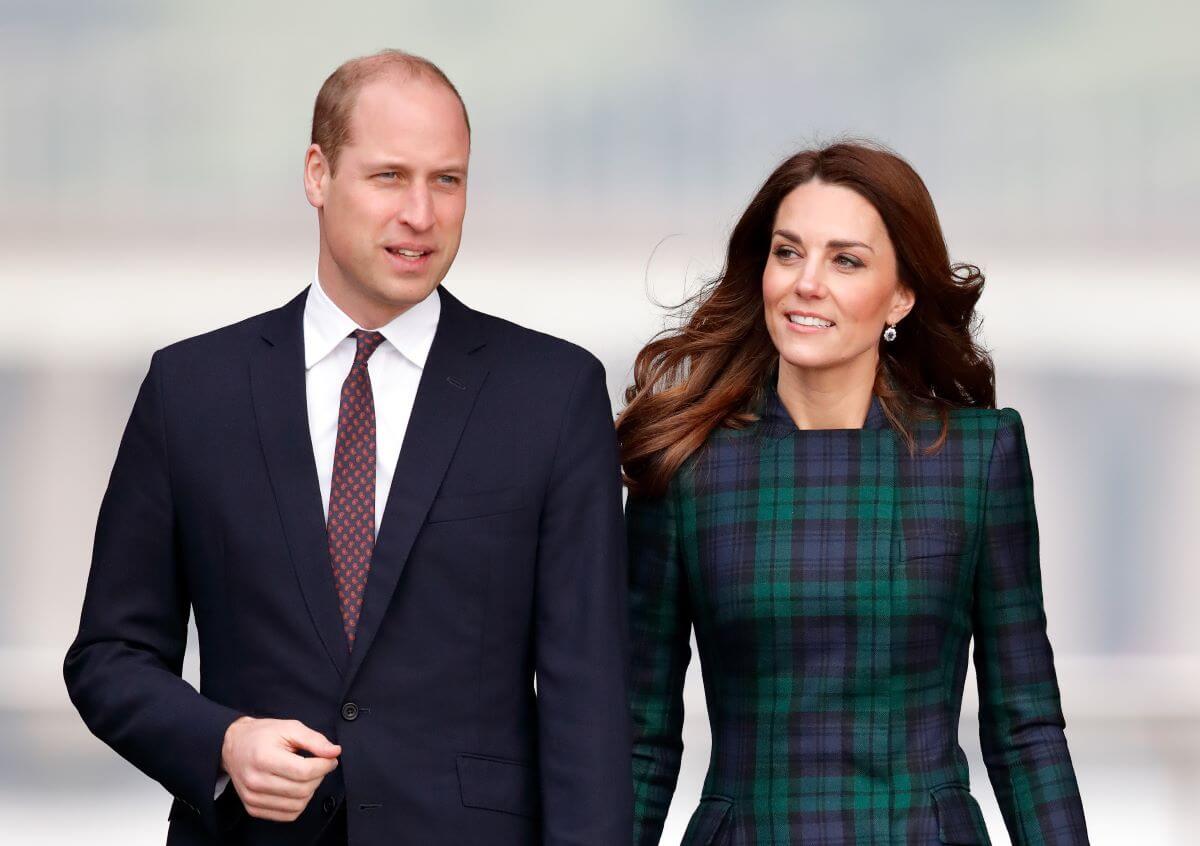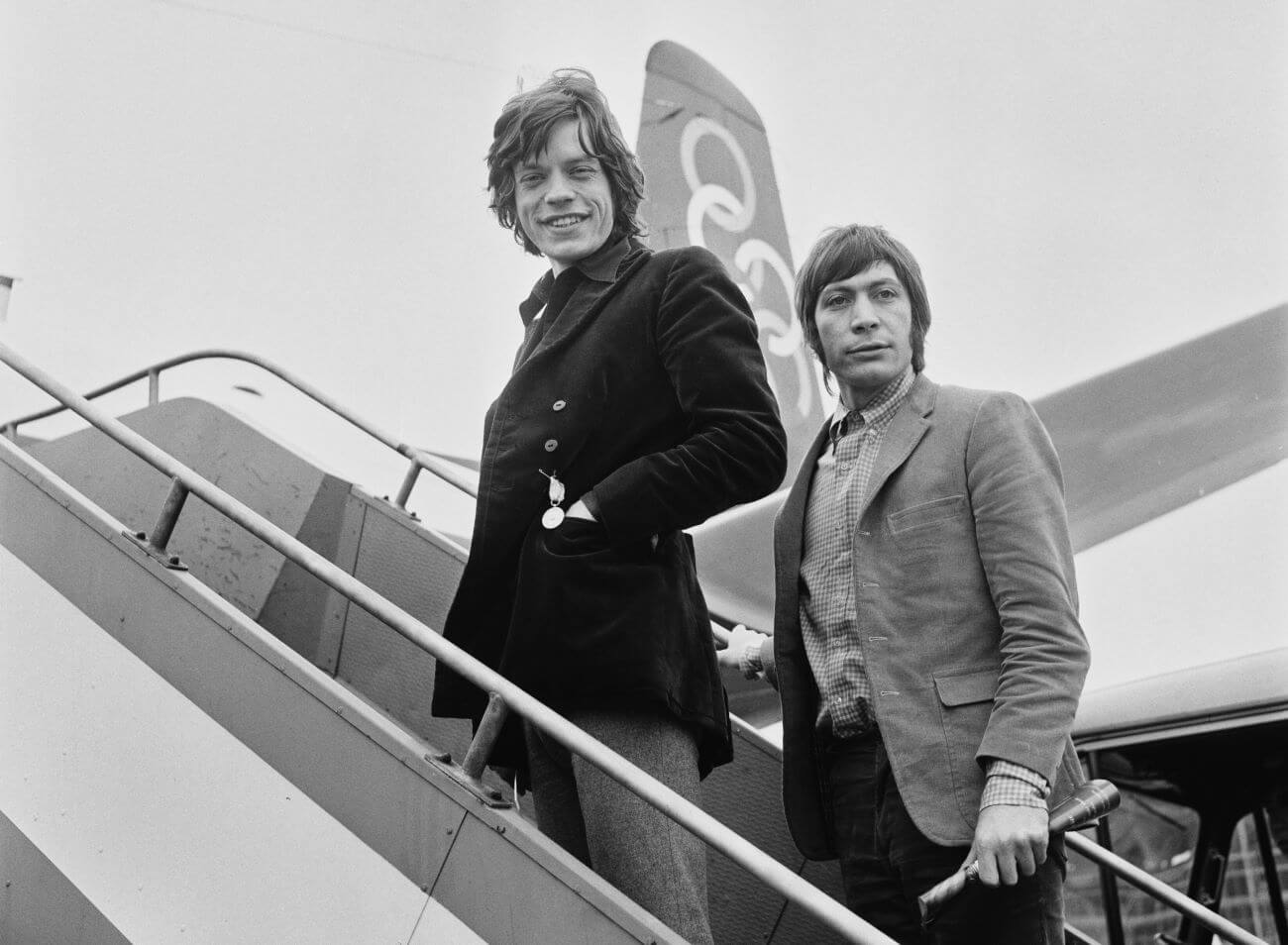
Charlie Watts Punched Mick Jagger so Hard He Nearly Fell Out the Window Because He Disrespected Him
Charlie Watts was The Rolling Stones’ drummer for decades, working closely with Mick Jagger and Keith Richards for most of his life. In this time, Richards said he only saw Watts get truly angry several times. On one of these occasions, he directed his vitriol at Jagger. After the band’s singer made a condescending remark, the typically reserved Watts punched him so hard he nearly fell out the window.
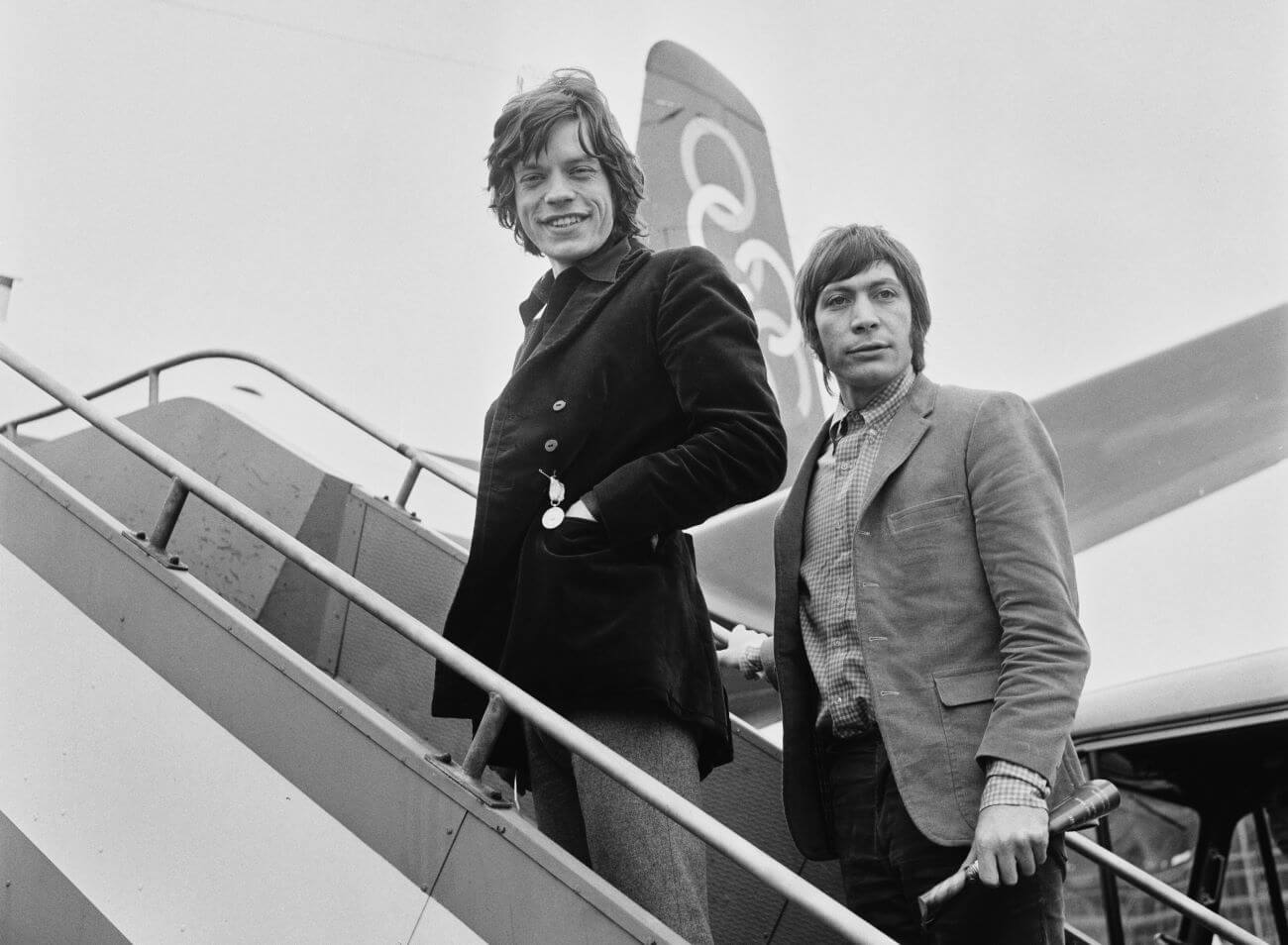
Charlie Watts hit Mick Jagger in the face after he made an insulting comment
As a drummer, Watts built up a great deal of upper body strength. According to Richards, he only saw him use this strength violently on a handful of occasions.
“There was a rare moment, in late 1984, of Charlie throwing his drummer’s punch — a punch I’ve seen a couple of times and it’s lethal; it carries a lot of balance and timing,” Richards wrote in his book Life. “He has to be badly provoked. He threw this one at Mick.”
Richards explained that he and Jagger had been out in Amsterdam and, in the early hours of the morning, returned to their hotel. Jagger decided to call Watts, which Richards warned him against doing. When a half-awake Watts answered the phone, Jagger demanded, “Where’s my drummer?”
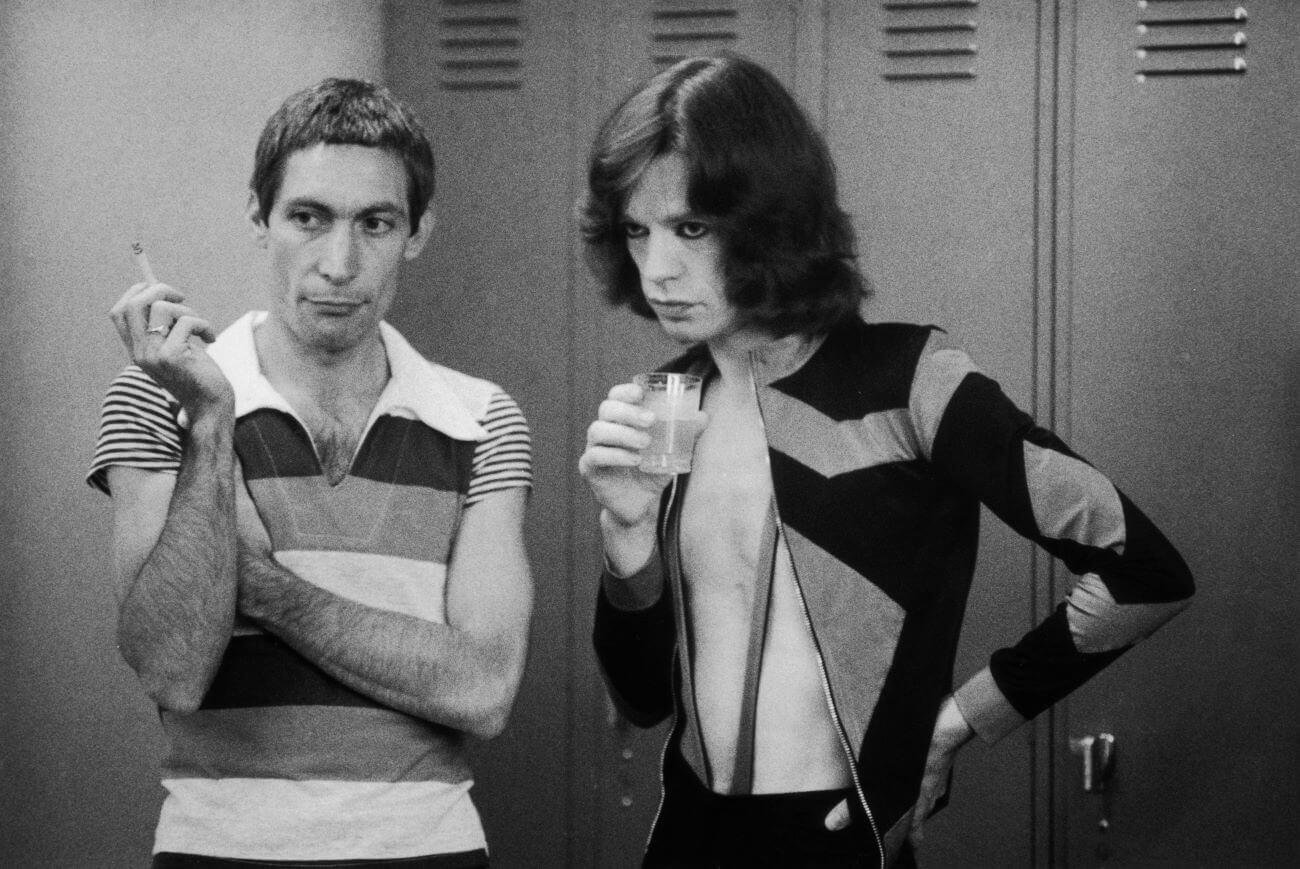
“No answer. He puts the phone down,” Richards wrote. “Mick and I were still sitting there, pretty pissed — give Mick a couple of glasses, he’s gone — when, about twenty minutes later, there was a knock at the door. There was Charlie Watts, Savile Row suit, perfectly dressed, tie, shaved, the whole f***ing bit. I could smell the cologne! I opened the door and he didn’t even look at me, he walked straight past me, got hold of Mick and said, ‘Never call me your drummer again.'”
Watts threw a punch that nearly sent Jagger careening into the canal below.
“Then he hauled him up by the lapels of my jacket and gave him a right hook,” Richards wrote. “Mick fell back onto a silver platter of smoked salmon on the table and began to slide towards the open window and the canal below it.”
Charlie Watts always knew his worth in the band
Watts was distinguished and reserved both onstage and in his personal life. Still, he always knew his worth in the band. According to Richards, the band had to go hungry in order to get him to join.
“To me, Charlie Watts was the secret essence of the whole thing,” Richards wrote. “And that went back to Ian Stewart — ‘We have to get Charlie Watts’ — and all the skullduggery that went down in order to get Charlie. We starved ourselves to pay for him! Literally. We went shoplifting to get Charlie Watts. We cut down on our rations, we wanted him so bad, man.”
Watts wasn’t sure he wanted to join the group and would only agree to it if they could pay him five pounds a week. He knew his own worth as a drummer and wasn’t willing to compromise just to be a part of the band. It makes sense, then, that he bristled at being called Jagger’s drummer. He was an equal member of the group.
Keith Richards shared why he helped Mick Jagger after Charlie Watts hit him
An intoxicated and amused Richards watched Watts punch Jagger. He stepped in and saved his bandmate from falling out the window, though, because he was wearing Richards’ wedding jacket.
“I was thinking, this is a good one, and then I realized it was my wedding jacket,” he wrote. “And I grabbed hold of it and caught Mick just before he slid into the Amsterdam canal.”
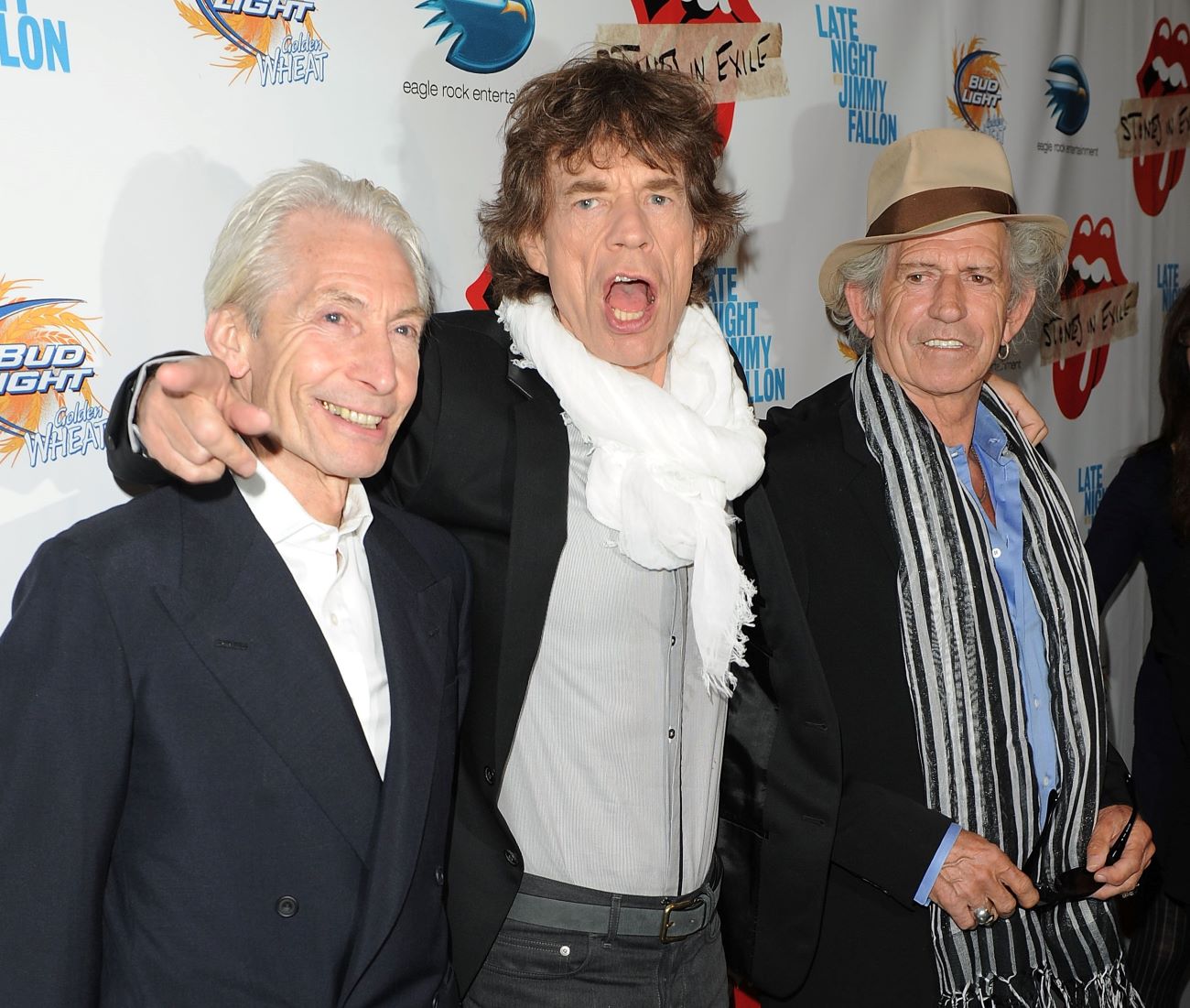
Afterward, Richards said he had to work hard to calm Watts down.
“It took me twenty-four hours after that to talk Charlie down,” he explained. “I thought I’d done it when I took him up to his room, but twelve hours later, he was saying, ‘F*** it, I’m gonna go down and do it again.’ It takes a lot to wind that man up. ‘Why did you stop him?’ My jacket, Charlie, that’s why!”
